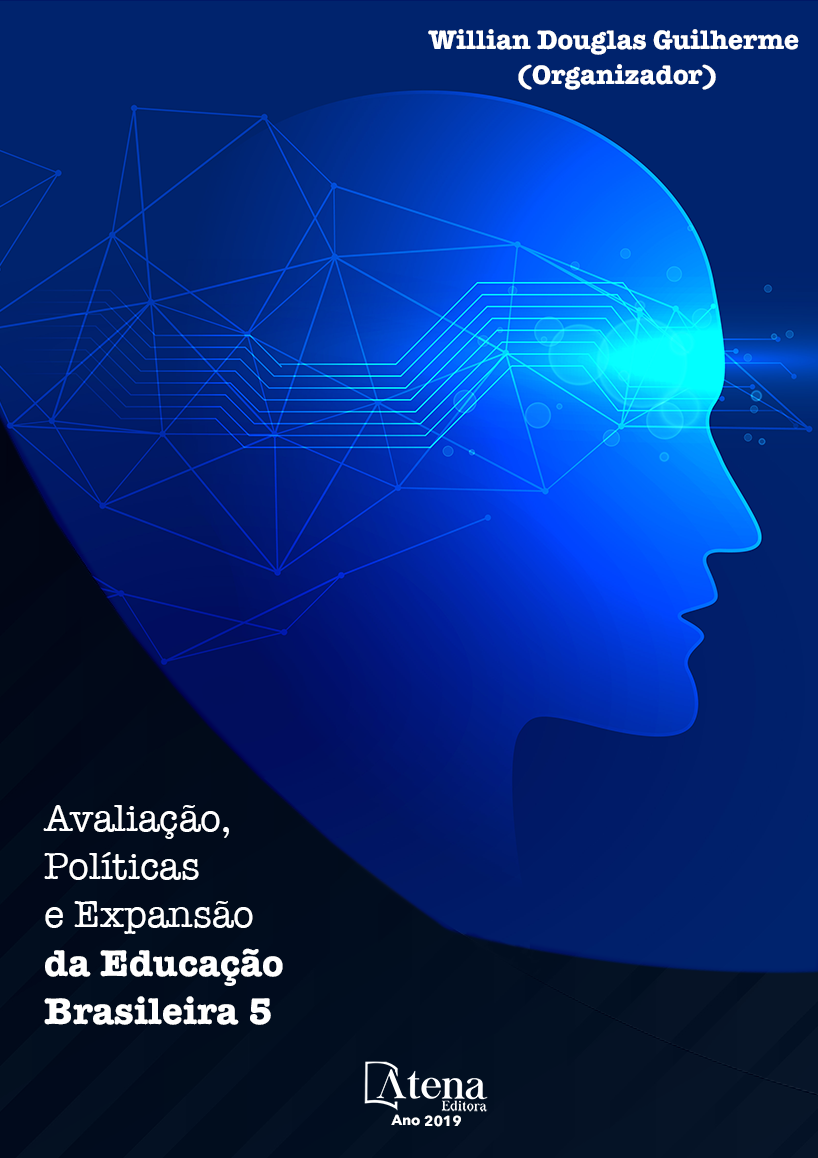
A HISTORICIDADE DA EDUCAÇÃO PROFISSIONAL E TECNOLÓGICA: UM CAMPO EM DISPUTA
A educação profissional e tecnológica
(EPT), assim chamada na atualidade, constrói
sua historicidade num processo dual de projetos,
concepções e sentidos sobre educação e
trabalho. Esse texto apresenta um histórico
da EPT, desde a primeira regulamentação que
instituiu a rede, em 1909 com a criação das
escolas de aprendizes artífices, perpassando
pela promulgação da Lei 13.005/2014 que
institui o Plano Nacional da Educação 2014-
2024, até os novos movimentos como a Reforma
do Ensino Médio, promulgada pela Lei 13.415
de 2017. E a partir desse histórico buscou-se
compreender como as políticas públicas para a
EPT fazem parte de um campo em disputas. A
presente pesquisa é resultado das indagações
teóricas vinculadas ao Grupo de Estudos e
Pesquisas Transformação sobre Políticas
públicas e trabalho pedagógico na Educação
Profissional, do qual as autoras fazem parte.
Para compreensão desse processo, organizouse
o artigo em sessões: o início - escolas de
aprendizes e artífices, a Reforma Capanema,
LDB 9394/1996 e decretos contraditórios, os
Institutos Federais e os novos movimentos e
desafios no contexto da dialética das disputas.
A partir da compreensão da história do qual
a EPT faz parte é possível perceber que o
dualismo entre o ensino técnico e propedêutico,
elite e classe trabalhadora, projetos neoliberais
e projetos de educação integral, marcaram o
movimento pendular nas políticas educacionais.
O campo em disputa do qual a EPT está
inserida reflete em movimentos de integração
e desintegração da educação profissional à
educação básica.
A HISTORICIDADE DA EDUCAÇÃO PROFISSIONAL E TECNOLÓGICA: UM CAMPO EM DISPUTA
-
DOI: 10.22533/at.ed.6271910072
-
Palavras-chave: Educação Profissional e Tecnológica. Historicidade. Dualismo de projetos.
-
Keywords: Professional and Technological Education. Historicity. Dualism of projects.
-
Abstract:
Professional and Technological
Education (PTE), thus called in current days,
builds its historicity in a dual process of projects,
conceptions and senses about education and
work. This text presents a history of the PTE,
the first time that it established a network, in
1909 with the creation of schools of learning
of artifacts, passing through the promulgation
of the Law 13,005 / 2014 that establishes the
National Plan of Education 2014-2024, to the
new movements such as the Reform of Secondary Education, promulgated by Law
13,415 of 2017. And from this history it was sought to understand how the public
policies for PTE are part of a field in disputes. The present research is the result of the
theoretical inquiries related to the Group of Studies and Research Transformation on
Public Policies and pedagogical work in Professional Education, of which the authors
are members. In order to understand this process, the article was organized in sessions:
the beginning - schools of apprentices and artisans, the Capanema Reform, LDB
9394/1996 and contradictory decrees, the Federal Institutes and the new movements
and challenges in the context of the dialectic of disputes. From the understanding of
the history of which PTE is part, it is possible to perceive that the dualism between
technical and propaedeutic education, elite and working class, neoliberal projects and
integral education projects, marked the pendular movement in educational policies.
The disputed field of which PTE is inserted reflects in movements of integration and
disintegration of professional education to basic education.
-
Número de páginas: 15
- Lizandra Falcão Gonçalves
- Mariglei Severo Maraschin
- ROZIELI BOVOLINI SILVEIRA


